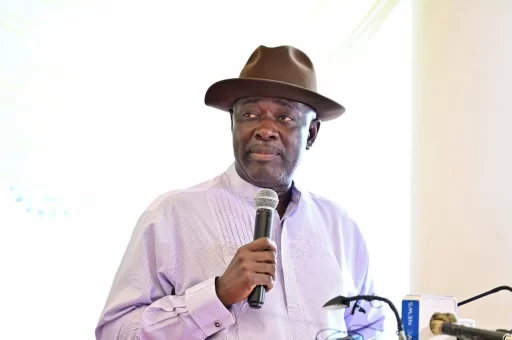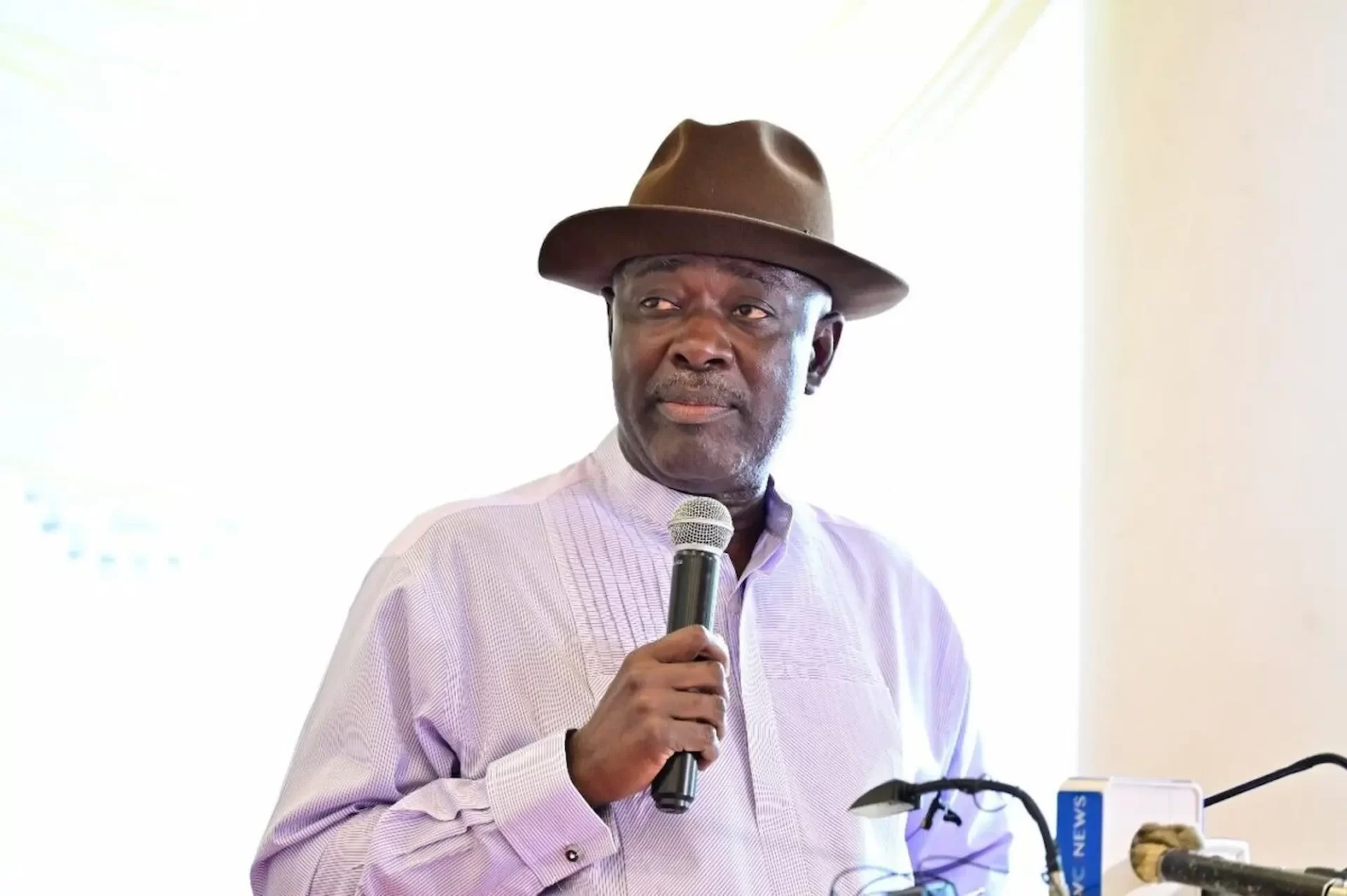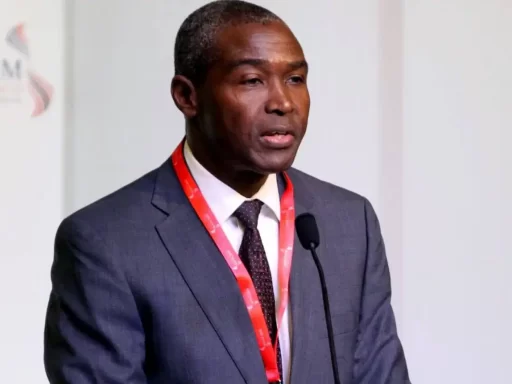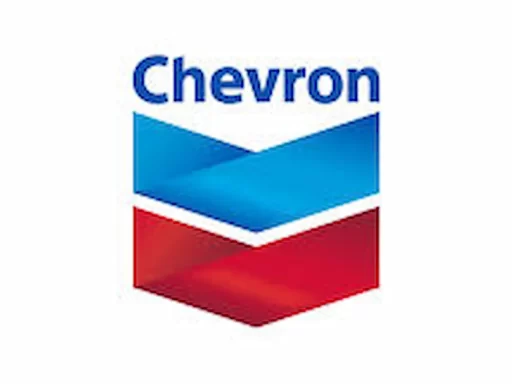Lokpobiri Urges African Nations To Curb $120bn Fuel Import Bill, Strengthen Regional Refining Capacity
By Naija Enquirer Staff
Nigeria’s Minister of State for Petroleum Resources (Oil), Senator Heineken Lokpobiri, has urged African countries to collaborate more closely to reduce the continent’s staggering $120 billion annual fuel import bill, emphasizing the need to build refining capacity and retain value within the continent.
Africa Must Retain Value Through Local Refining
Lokpobiri, who made the call in a statement on X, said Africa’s expanding energy demand offers massive opportunities that must be strategically harnessed to achieve energy security and economic transformation.
“The African energy market is vast, our resources are abundant, and the demand for energy continues to grow exponentially,” he said. “We must leverage every available strategy to diversify our energy mix, address supply challenges, and attract investment into our energy sector.”
Nigeria Drives Energy Reforms And Regional Integration
The Minister stated that Nigeria is leading reforms to create an investor-friendly environment, support local refining, develop gas assets, and build cross-border energy cooperation.
“Nigeria is championing this cause through far-reaching reforms and fiscal incentives that make the Nigerian energy market increasingly competitive and attractive to investors,” he noted.
Lokpobiri identified initiatives such as modular refinery incentives, gas monetization programs, and refinery rehabilitation as key pillars of Nigeria’s energy strategy, saying Africa cannot continue relying on imported products.
WARM And AfCFTA To Strengthen Market Integration
According to him, the West Africa Reference Market (WARM) framework — which seeks to harmonize fuel standards, pricing, and logistics — is a major step toward a unified and competitive regional downstream market.
“This is precisely what the West Africa Reference Market seeks to achieve — creating a framework that enhances regional self-sufficiency, competitiveness, and collaboration,” he explained.
He added that Nigeria will continue to play a leading role in Africa’s energy integration agenda, especially as the continent advances plans under the African Continental Free Trade Area (AfCFTA) to establish a single market for petroleum products.
Lokpobiri underscored that with developments such as the expansion of the Dangote Refinery to 1.4 million barrels per day, African nations must accelerate cooperation to strengthen refining, value retention, and energy security for sustainable growth.
He concluded that the continent’s $120bn fuel import bill is an urgent call for action, stressing, “Africa must deliberately build capacity to refine and retain value within the continent.”






